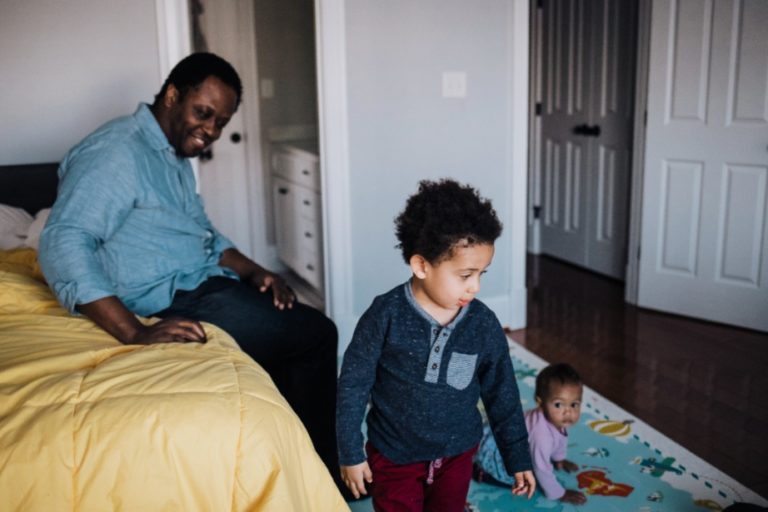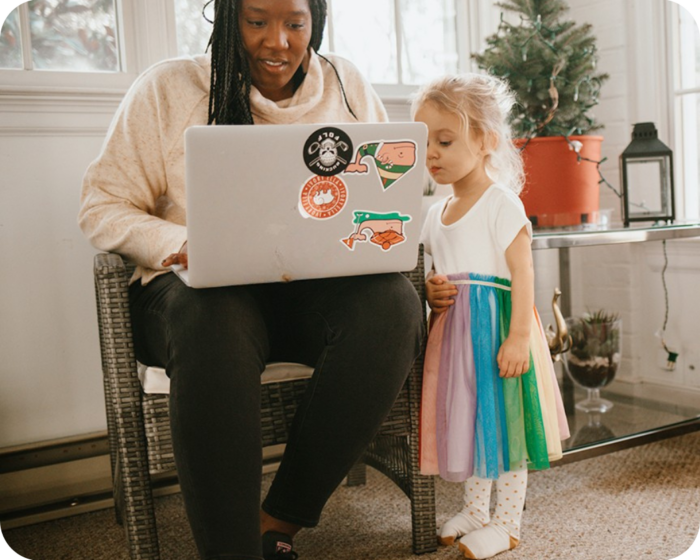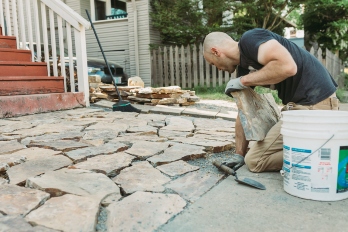This is part of our ongoing series on the basics of owning a home.
If winter isn’t harsh enough, many households are now back in the scramble to afford to heat their homes.
Heat is essential, but that doesn’t make it easy to pay for.
For those who could use them, here are some great resources to turn to for help:
Utility company assistance: Most gas and electricity companies offer some type of assistance, but they won’t know you need help unless you say so. In addition to moratoriums on disconnections, some provide utility bill payment plans and other programs. (While you’re at it, ask about rebates and discounts on energy-saving smart thermostats and LED bulbs.)
Weatherizing programs: Each state has funds from the federal government’s Weatherization Assistance Program to help with energy-saving improvements to your home. Help is available based on your income, with priority given to folks over the age of 60, people with disabilities, and families with children.
LIHEAP: The Low Income Home Energy Assistance Program (LIHEAP), established by the federal government program, provides help with utility bills and home weatherization. The current income limit is $39,300 for a household of four. If you or someone in your household receives certain federal assistance benefits, such as the Supplemental Nutrition Assistance Program (SNAP) or Supplemental Security Income (SSI), you may be automatically eligible.
Lifeline: The Federal Communications Commission requires all telecommunication utility companies to offer discounted telephone and internet services to eligible customers. Lifeline customers must meet income requirements or participate in certain federal assistance programs, such as SNAP, SSI, Medicaid, or the VA Survivors Pension.
211: All 50 states have 211 systems to make it easier to reach local organizations that may be able to help with your utility bill needs. By dialing 211, you can be referred or connected to appropriate agencies and community programs.
Housing counselors: Housing counselors and advisors provide trusted, unbiased guidance for homeowners (and homebuyers). They can answer questions, connect you to other resources, and generally help you moving toward your goal of happy homeownership.






